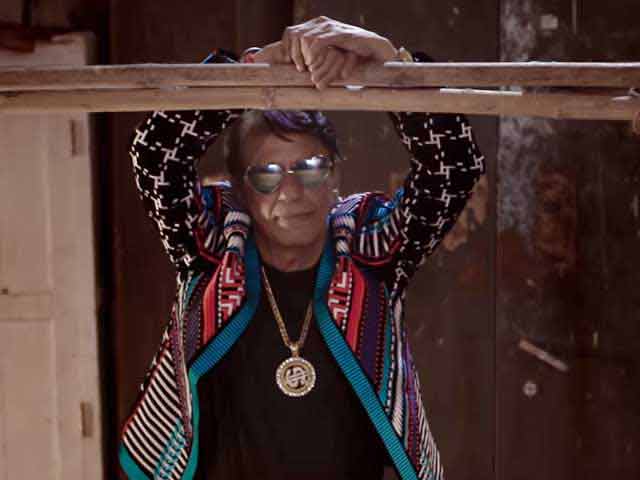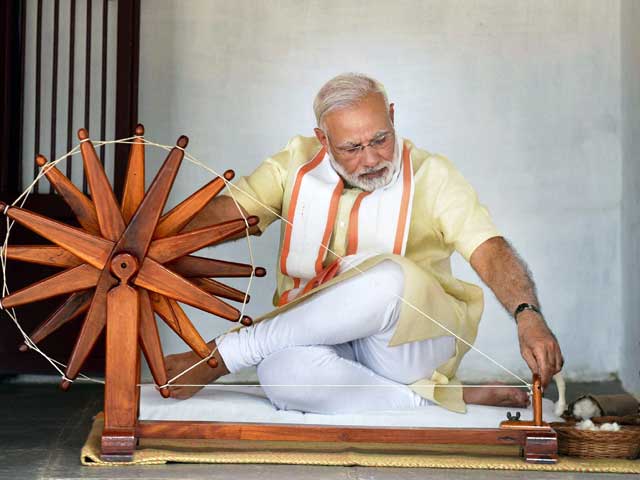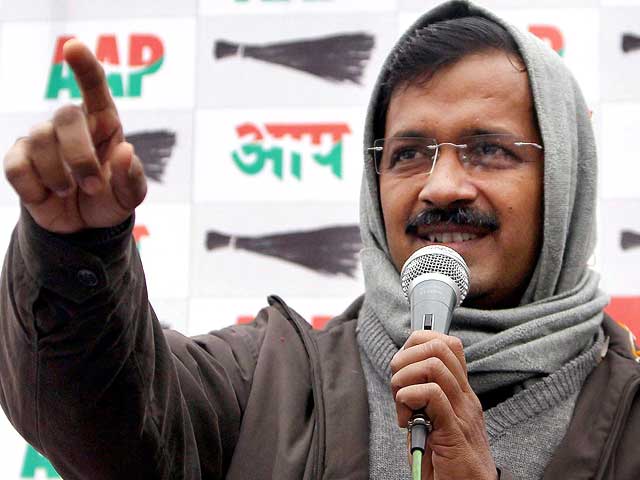Recently, the Khadi and Village Industries Commission has sent a legal notice to ethnic wear retailer Fabindia, demanding Rs 525 crore in damages for allegedly “illegally” using its trademark charkha, and selling clothes with the khadi tag.
The Khadi commission is an autonomous body under the Ministry of Micro, Small and Medium Enterprises. The commission has taken issue with Fabindia using the word khadi on its price tags. It believes the fashion retailer is misleading consumers by selling factory-made cotton garments spun in mechanised charkhas, or spinning wheels, as khadi.
All this makes one wonder about who owns Khadi in India?
Khadi was a powerful symbol of protest during India’s freedom struggle. Gandhi incorporated the charkha to teach the Indian masses self- sufficiency. He wanted to break the vicious cycle that the British had used to drain Indian markets of their wealth. Hence, Gandhi persuaded Indians to wear khadi and stop using foreign cloth to break the British ruler’s economic spine.

Image Credit: firstpost
Now the story of khadi has come full circle as the government tries to protect a rich heritage, and tells a fashion retailer to stop misleading customers. This may seem a dilemma as it is through stores like Fabindia that domestic and international users have become fans of khadi. Khadi has been turned into a fashion statement.
From jhola clad journalists to elite ivory tower academicians, writers and actors, they all wear khadi. From the times of Gandhi to the times when Khadi has become a brand name of its own, what is the present place of khadi in India’s economic story. Khadi has seen a new wave of acceptance thanks to many fashion designers like Sabyasachi Mukherjee, Ritu Kumar and Rohit Bal, to name a few. Brands like Fab India and Nature Alley have made their name with khadi products.
Promoting khadi’s organic and zero carbon footprint nature, going the e-commerce route, and partnering with non-khadi players like Raymonds are instances of the new avatar which India’s signature fabric is donning.
Amidst all this progress and commercial advancement, the question stands out about who own khadi. Probably, it is still the village artisan, who whirls the charkha as Gandhi taught him. In his concentrated gaze and his steady motion, a rich Indian heritage lives on.
Read Also: Are We More Socially Active But Lonely For Real?








